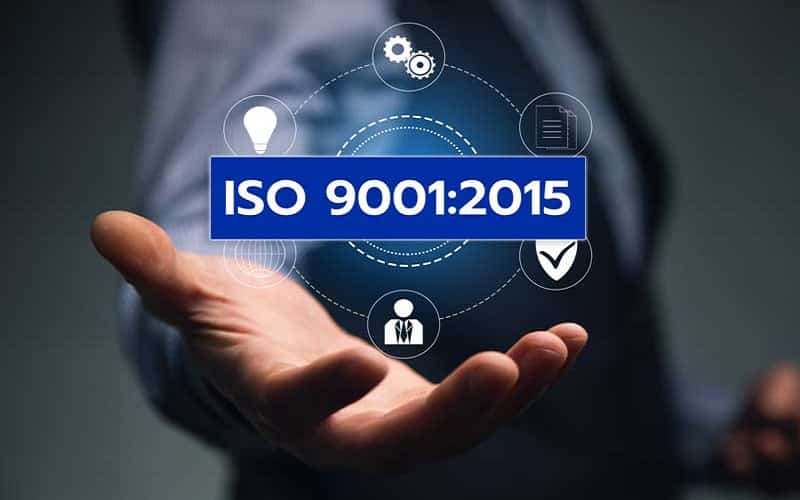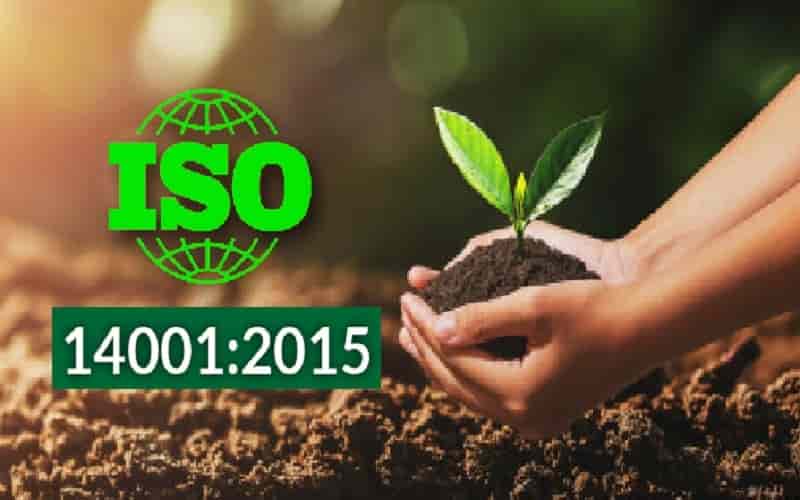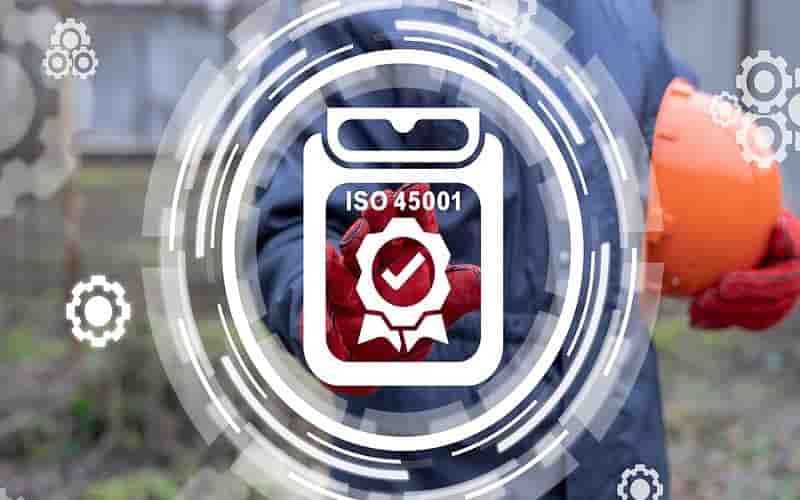The HACCP technique does this by identifying the risks, establishing critical control points, setting critical limits, and ensuring control measures are validated, confirmed and monitored before implementation.
HACCP certification instantly demonstrates to customers your commitment to producing or trading in safe food. This evidence-based approach can be particularly beneficial when you are subject to inspection by regulatory authorities or stakeholders.
Hazard Analysis and Critical Central Point (HACCP) / ISO 22000 Food Safety Management System is a process control system designed to identify and prevent microbial and other hazards in food production and entire food chain. HACCP includes steps designed to prevent difficulties before they occur and to correct deviations through a systematic way as soon as they are detected.
It has been widely acknowledged that HACCP based systems present the food industry with the most effective management tool to enable the production and supply of safe food. As such, the adoption of this approach can offer a legal defense in the event of an outbreak of food borne diseases.
Determine Critical Control Points. For each risk identified.
The implementation of hazard analysis
Establishing critical limits, maximal and / or minimum value, by which biological, chemical and physical hazards in order to control the pedagogical prevention.
Determination of procedures / processes for monitoring CCPs
Establish procedures / processes for verification and certification processes and the HACCP system is effective and it works well. The verification activities should be included authorized persons employed in production, the HACCP team.
The establishment and actual management of records and documents
Determination of corrective measures in case the monitoring shows that the CCP is not within the critical limits.
Progress the confidence of client and end user.
Decrease the potential Food borne diseases, which may cause due contamination of food.
Progress Compliance level with applicable statutory and regulatory food safety requirements
Decrease cost of Food Analysis.
Actual communication on food safety issues to their suppliers, clients and relevant interested parties in the food Supply chain
Improve the business potential among the competitor





US Certification
provides accredited certification of management systems according to ISO 9001, ISO 14001, OHSAS 18001, ISO 20000, ISO 27001, ISO 50001, ISO 13485, CE and many others.